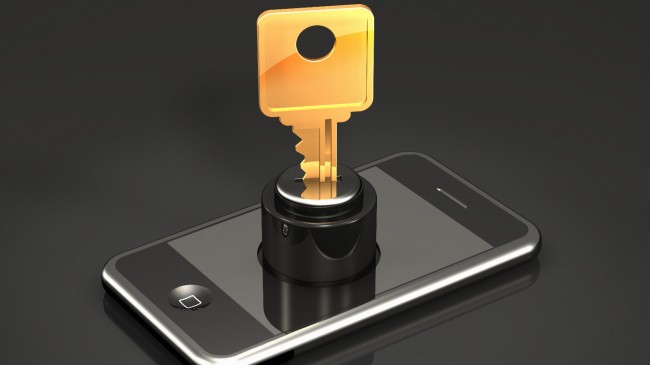Last week I wrote a piece arguing that the GOP race was realistically
a two-man race between Trump and Cruz. Since then, a few events have taken place, and I've been having a change of heart.
Specifically, Rubio has received endorsements from
Nikki Haley, Tim Scott, and Trey Gowdy. First of all, those are three Republicans whose credentials as "conservative" are beyond question. If you remember, Nikki Haley was originally elected as a Tea Party candidate back in 2010, and she's done a good job in her time as governor.
Tim Scott has also done a good job as Senator in his short time, and although he doesn't really have any big-ticket accomplishments as a Senator, it's sort of impossible in this day and age for a US Senator to really accomplish much on his own. For the most part, he's been an excellent messenger in articulating the conservative vision, and that's about as much as you can ask for.
Over in the House, Trey Gowdy has been a great advocate, bringing his well-honed prosecutorial acumen to committee hearings, and he has done a wonderful job of exposing the hypocrisy and fallacies underlying many of the positions that the current administration has taken over the years.
Accordingly, here is what I am dealing with: Haley, Scott, and Gowdy all share my views and vision. They've seen the GOP race just as I have, and they've faced the choice of who to support. They've decided to support Rubio instead of Cruz. (Obviously,
I'm dismissing Trump.)
So their opinions mean something to me. I respect all three of these folks, and I have to now seriously consider: What do they see in Rubio and Cruz that I'm not seeing?
Maybe it's this: I'll admit that Cruz certainly isn't the "aspirational" candidate that Rubio is. Rubio is definitely the more likable guy, if that means anything, and I think it does. I know that some people are knocking Rubio because he's the "Establishment's Pick", and I get that he's got a weakness on amnesty. However, more than anything, I want to have a Republican candidate who will be able to go into the general election and be able to try and bring together a coalition of voters who may self-identify as conservatives. I see Cruz as really struggling to do that. I think Cruz's tone and message turn a lot of people off.
It doesn't matter who the GOP nominates if the Democrats win.
The Buckley Rule that
you should support the rightwardmost viable candidate applies here. I'm trying to figure out who that is.
It's not Trump, because he's actually really left. So, I'm trying to figure out if Cruz or Rubio is more viable, because winning matters. Losing sucks, and I'm tired of it.
Rubio has the advantage of being able to better relate to people who are not conservatives, and he's not that far from Cruz in actual positions. Cruz is a principled conservative, but I'm not sure that he's the right messenger. Packaging matters, whether you like it or not, and he just doesn't have the right packaging.
You can see where I'm going with this. Based on everything I've seen and considered, Permanent Press is officially supporting Rubio for the GOP nomination.
I'm sure that I'll get criticism that I'm selling out to the Establishment, but at this point, I don't see where I can simply have a temper tantrum and vote to rebuke the GOP out of spite. I know a lot of people are saying that is their motivation, and I get that. However, I don't think that conservatives have that luxury in this instance.





